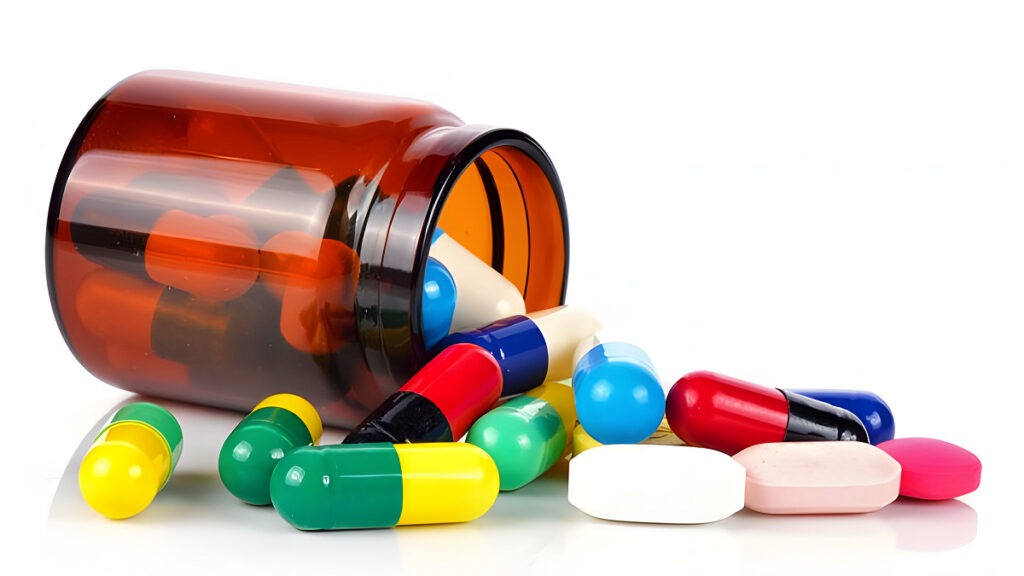Introduction
Antibiotics have revolutionized modern medicine, providing effective treatment for bacterial infections. However, with their widespread use, we have also seen an alarming rise in antibiotic resistance. A good understanding of antibiotics, their proper use and the dangers of overuse is essential to maintain their long-term efficacy and ensure our ability to fight bacterial infections. In this article, we’ll explore the world of antibiotics in depth, highlighting the advantages, disadvantages and best practices for their use.
What is an antibiotic?
Antibiotics are drugs used to fight bacterial infections. They have completely changed medicine, making it possible to effectively treat many serious illnesses such as pneumonia, tuberculosis and urinary tract infections. The first antibiotic, penicillin, was discovered in 1928 by Alexander Fleming. Since then, many other antibiotics have been developed to combat a variety of bacteria.
How do I use antibiotics properly?
Here are some basic principles for using antibiotics correctly:
- On prescription: Antibiotics should only be used on prescription. Doctors are trained to accurately diagnose bacterial infections and determine the appropriate treatment. Self-medication with antibiotics is dangerous and can contribute to antibiotic resistance.
- Respecting the duration of treatment: It’s essential to stick to the prescribed course of antibiotics right to the end, even if you feel better before the end of treatment. Early cessation can allow bacteria to develop resistance.
- Avoid self-medication: Don’t take leftover antibiotics from old prescriptions for a new infection without consulting a healthcare professional. Furthermore, antibiotics should never be shared with other people, even if they seem to be suffering from the same symptoms. Each individual may require specific treatment.
- Respecting the prescribed dosage: the doctor’s instructions regarding dosage must be followed to the letter. Never increase or decrease the dose without medical advice.
The dangers of antibiotic abuse
Antibiotic abuse is a growing global problem with potentially devastating consequences. Here are some of the main hazards:
- Antibiotic resistance: Excessive or inappropriate use of antibiotics encourages the development of resistant bacteria. These “superbugs” are difficult to treat, which limits our treatment options.
- Side effects: Antibiotics can have undesirable side effects, such as gastrointestinal disorders, allergies and yeast infections. The more randomly antibiotics are used, the greater the risk of side effects.
- Reduced effectiveness of antibiotics: As bacteria become resistant, antibiotics lose their effectiveness, which can lead to a return to the days when common bacterial infections were fatal.
- Ecological hazards: Antibiotic residues in the environment can also contribute to antibiotic resistance in non-pathogenic bacteria, affecting the entire ecosystem.
Alternatives to antibiotics
It is essential to seek alternatives to antibiotics wherever possible. Probiotics, preventive vaccines and good hygiene practices can reduce the need for antibiotics. Research is also continuing into new treatments, such as bacteriophage phages and immunological therapies.
Conclusion
Understanding antibiotics and knowing how to use them correctly is essential to maintaining their long-term effectiveness. Antibiotics are a valuable asset in the fight against bacterial infections, but their overuse and abuse threaten their effectiveness. By following best medical practices, avoiding self-medication and seeking alternatives whenever possible, we can help prevent antibiotic resistance and ensure that these medicines remain as effective as possible.
